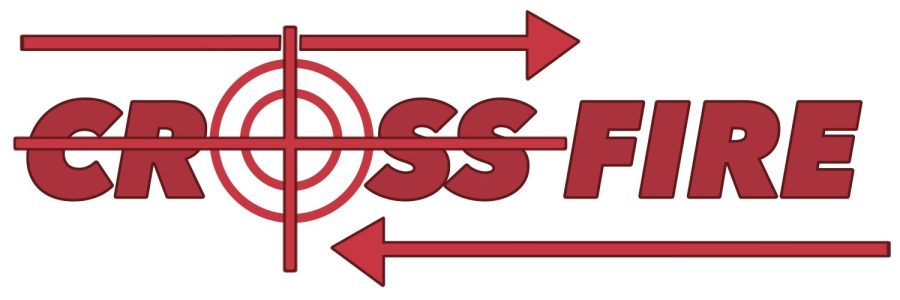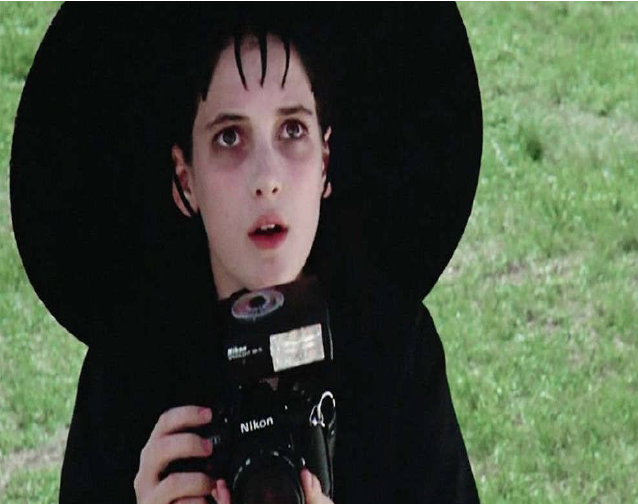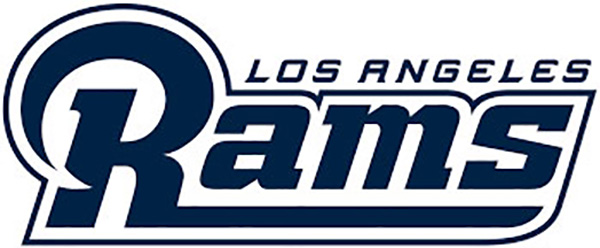By Brianna Spause
Special Features Editor
The National Hockey League declared a lockout of the 2012 season against the members of the National Hockey League Players’ Association at midnight on Sept. 15 due to the end of the NHL’s collective bargaining agreement. The issues at hand are the desire for reducing revenue sharing, term limits on contracts and salary caps.
The expired bargaining agreement was established in resolution of the 2004-2005 lockout; the first time an entire season of a major league sport was cancelled in North America. NHL commissioner Gary Bettman has held his position through four lockouts in the past 19 years.
The NHL proposed an immediately effective 50-50 revenue split to the NHLPA in hopes to jump start the season, but has been in major conflict with the players unions. The 59 day lockout has seen many provisions and offers, but both sides seem to be “speaking different languages” Bettman said.
The Winter Classic game, set to play on New Years day between the Toronto Maple Leaves and the Detrioit Red Wings has been canceled due to the lockout. “The logistical demands for staging events of this magnitude made today’s decision unavoidable. We simply are out of time,” NHL Deputy Commissioner Bill Daly said. “We are extremely disappointed, for our fans and for all those affected, to have to cancel the Winter Classic and Hockeytown Winter Festival events.”
As agreed upon in the previous lockout’s resolution, the players and the NHL share a 57-50 revenue split respectively. On Nov. 7 the “Make Whole” provision was pitched by the player’s union, stating that they would agree to drop their shares down to a 50-50 split in a period of three years.
The largest amount of progress that has been made to date was the agreement by the NHL to increase the $150 million share to $200 million. The money has yet to be determined where it will be used by the players unions, but the amount has been agreed upon.
“The entire position seems to be that this is concessionary bargaining, and as a matter of natural law or the way the universe is ordered somehow, the players should be willing to take severe reductions in their compensation and not have a free market for their salaries and not be able to go look for a job as you, or I or anyone else in the Western World can, and it has to be that way. And the only point in the negotiation is how far/how fast are players going to make concessions,” Fehr said in light of the situation.
“People go to see the players; they don’t go for the NHL itself. I think it’s unnecessary that the NHL wants more money. I just want hockey,” senior Mark Weiss said. Players agreeing with the unfairness Weiss spoke of have found work in Russia with the Kontinental Hockey League. Top players have signed deals with the KHL in order to continue the game they love.
Among the switching players are Ilya Kovalchuk of the Devils, and Evgeni Malkin of the Penguins. EPSN 2 has begun to air KHL games, which shows little hope of the returning 2012-13 season. Negotiations however, are scheduled to continue in order to reach an agreement.







